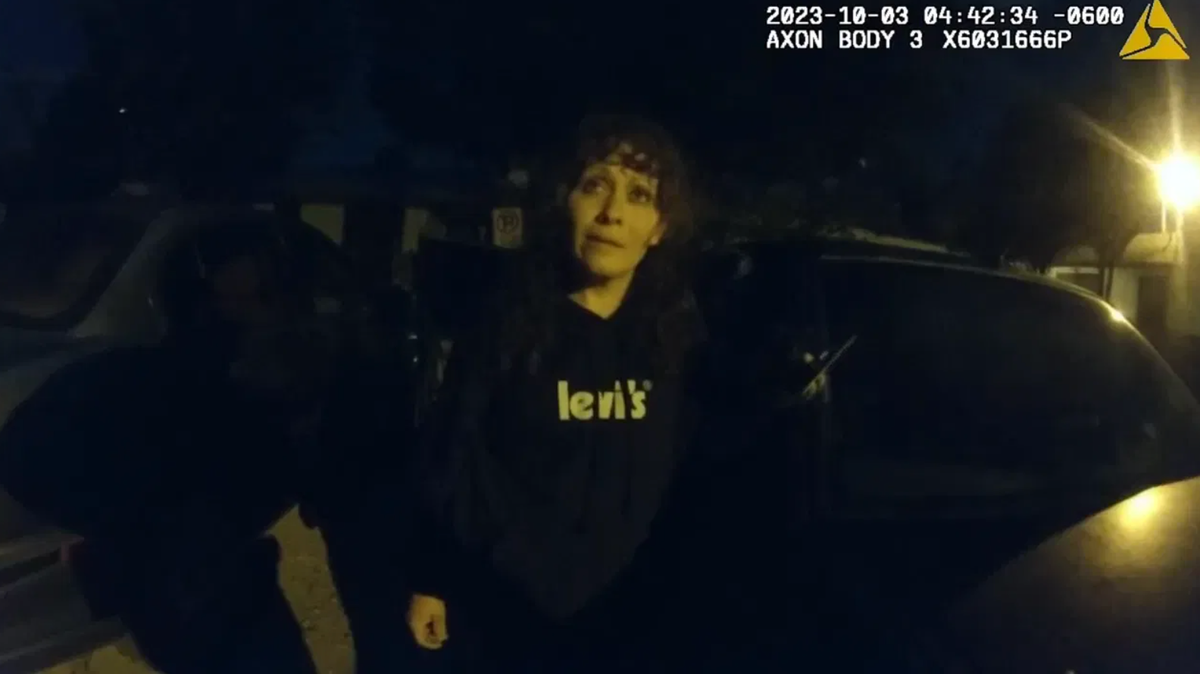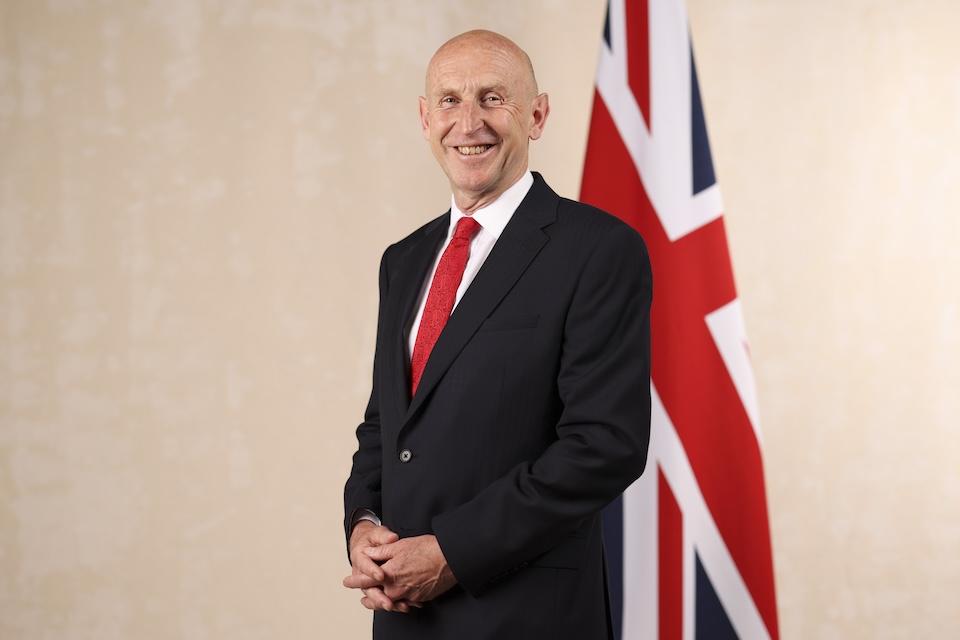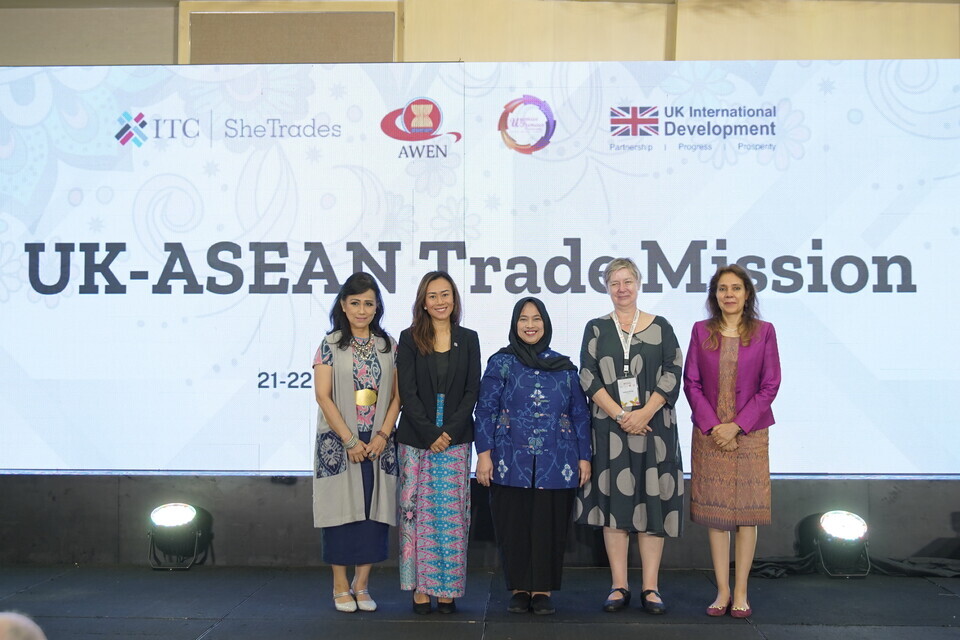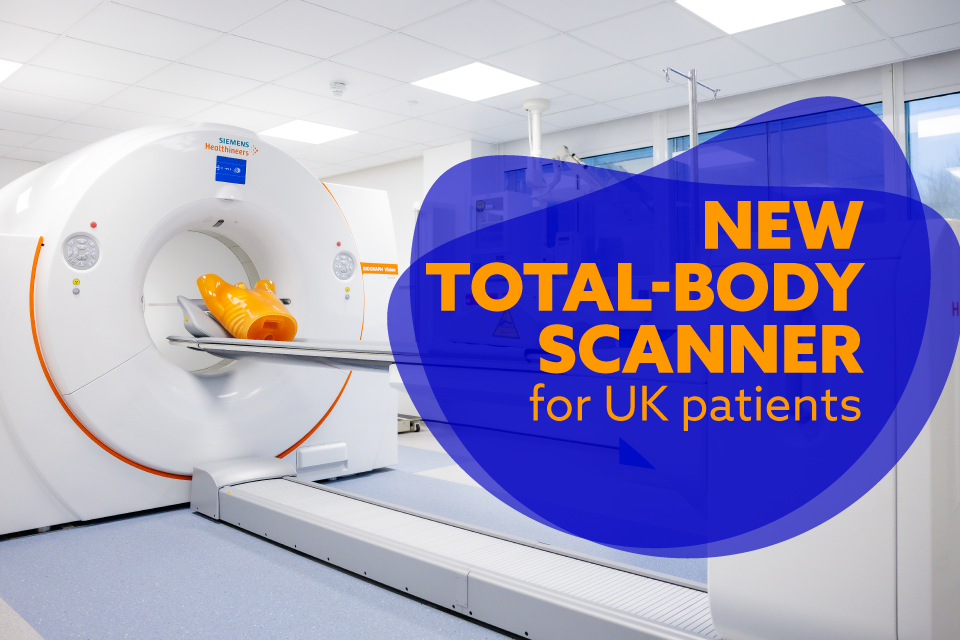This is a significant day for UK relations and for both our countries. Less than 100 days since I first visited Berlin in July to kick off these negotiations together, we have today signed a landmark defence agreement here at Trinity House in London. First, I want to thank our negotiating teams, they worked at pace, and they have helped us secure a deal which forges closer cooperation between our militaries and our industries, which contains immediate actions and longer term ambitions. Today’s agreement strengthens our security, it will grow our economies.
And you know, when I was Shadow Defence Secretary before the general election, I had conversations with allies and partners and academics that said Britain needed to play a bigger part in NATO. They said European allies needed to take on more responsibility for European security and this, this is the driving force behind our NATO, first UK Defence strategy, behind our reset of UK relations with Europe. We share the same threats, war in Ukraine, conflict in the Middle East, growing Russian aggression. We share the same values, democracy, individual freedom, rule of law.
And in a more dangerous world, allies are our strategic strength, and we must do more together. But I believe then, as I know Boris, you did too, that the UK-Germany defence relationship was underdeveloped. The UK and Germany are currently Europe’s top two defence spenders. We’re currently Europe’s top two supporters of Ukraine in military and economic aid. Yes, there’s 40 years of great cooperation on fast jets between UK and Germany. Yes, both countries have deployed and operated together in Kosovo, in Afghanistan, and to counter IS. But the collaboration has been ad hoc. It has not been systematic, and there is no fully-fledged defence cooperation agreement. And as I started work on this area, with some of you in this room, and I thank you for your contributions. As I started work sometime last year, there were only 28 German military personnel training in the UK. There were only six Brits doing the same in Germany, we only had one bilateral German-UK defence industrial programme. So there was huge potential, which we both wanted to seize. The potential and imperative to respond to increasing threats to strengthen our collective security through NATO, which is the cornerstone for the defence of both our nations.
So today, we have signed this landmark Trinity House Agreement. It secures defence cooperation across all domains, land, sea, air, cyber, space. It will be put on a legal footing in the wider treaty between the UK and Germany. The agreement confirms new lighthouse defence projects between our militaries, and where better to announce these than Trinity house, which is home of England’s official Lighthouse Authority and has been so since 1794. In fact, actually, it goes back longer than that, to Henry the Eighth, when he took the first steps to maritime regulation from this building in 1514. And Admiral Ian Lower, thank you for your hospitality, thank you for hosting us, and thank you to your teams for helping us organise this event.
But in this new agreement, our new cooperation is focused on the now, with our army’s training, exercising, innovating more together on NATO’s eastern flank, on German P8 planes operating out of Lossiemouth to help protect the North Atlantic and on new support for Ukraine through the capability coalitions, and also enabling German seeking helicopters to be equipped with modern missile systems. So cooperation focused on the now, and also cooperation focused on the weapons of the future developing a new deep strike system together; pursuing new drones that could operate alongside our tanks; our planes and our warships; kick starting work together to protect vital undersea cables in the North Sea; advancing innovation between our armies to shape the future of NATO warfare; driven by AI and emerging technologies. And as well as this, this agreement paves the way for closer industrial cooperation.
So today, Rheinmetall have announced plans to build a new gun barrel factory in Britain, supporting 400 jobs, bringing nearly half a billion pounds of benefit to the UK economy, and reestablishing a critical defence industry for the first time in 10 years, gun barrels built in Britain with British steel for our British armed forces and for our allies. And from artillery to AI, from the weapons of now to the weapons of the future, Helsing have also confirmed today a new investment of 350 million pounds into the UK for the development of AI systems. So this shows today’s agreement gives renewed confidence to investors in the UK defence industrial base. Finally, just to give this a bigger context, our new government was elected in July to deliver change. Before with the election, we promised a new defence agreement with Germany in six months, we’ve signed this landmark agreement in less than four months. This is what turning talk into action looks like. This is what resetting relations with Europe looks like. This is what growing our economy looks like, and this is what a NATO first defence strategy looks like. And today’s agreement also sends a signal to our adversaries. We will deter and we will defend against any aggression together.
Boris, I look forward to working closely with you in putting this agreement into action. Today really is only the start of new, deeper relations between our two nations. And yes, politicians may come and go, but the Trinity house agreement will live on, and it will keep our countries and Europe safely in the years to come. Thank you.









